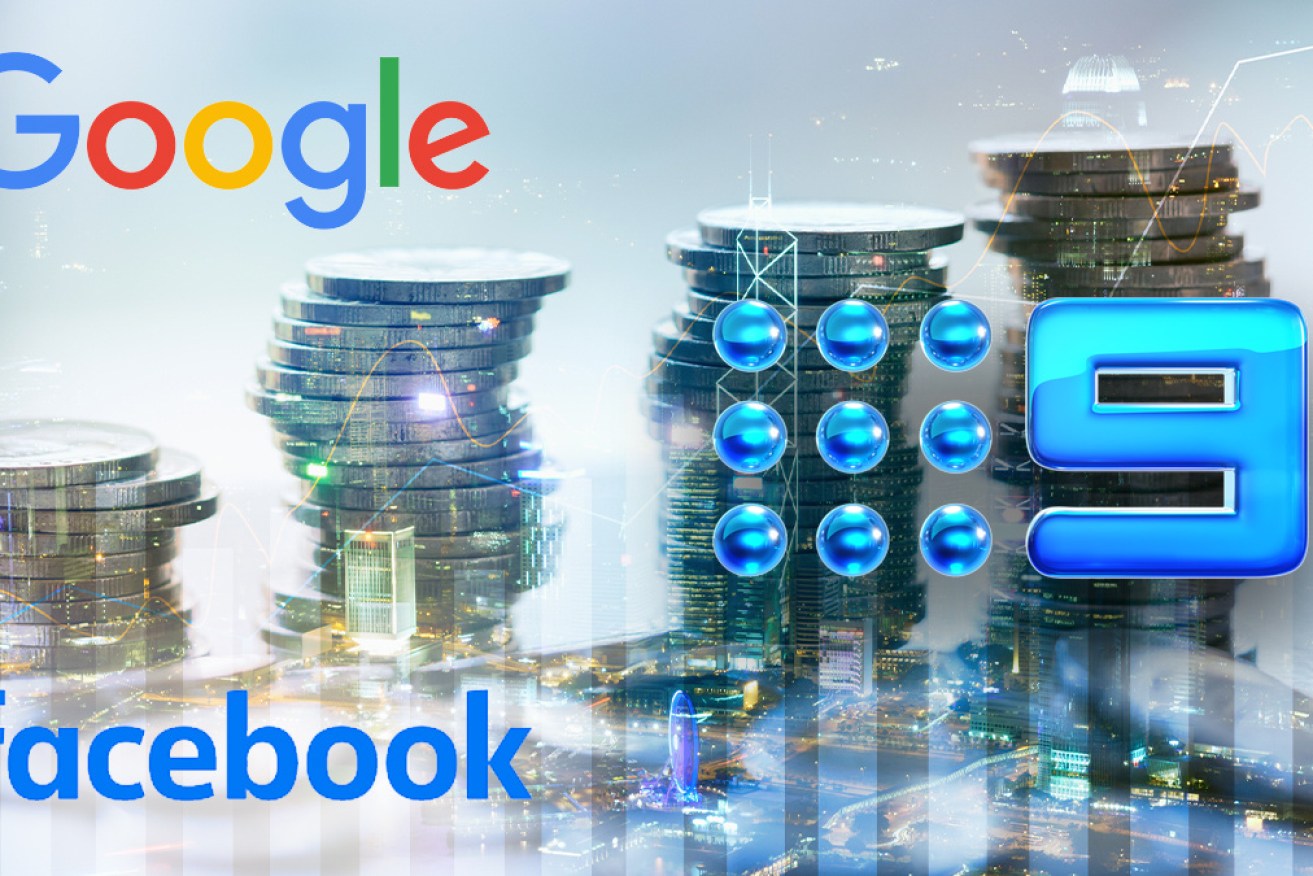Facebook will be a harder nut to crack than Google in media payment fight


Nine goes into talks with Facebook with a much-improved bottom line. Photo: TND
Australia’s major news outlets will have a harder time getting money out of Facebook than they had with Google, despite Treasurer Josh Frydenberg saying “Facebook has re-friended Australia”.
Google has made in-principle agreements to pay Seven West Media and Nine Entertainment about $30 million each every year for the use of their news content, while telco analyst Paul Budde said the figure agreed with News Corp is believed to be “around $60 or $65 million”.
Seven has also signed a letter of understanding with Facebook for news payments, while News Corp and Nine are in negotiations.
Nine CEO Hugh Marks confirmed his company had opened talks with the social media giant during the release of Nine’s half-yearly results on Wednesday.
Mr Marks told shareholders that Nine had shrugged off the pandemic advertising slump and booked earnings growth of 42 per cent over the six months to December 2020.
Earnings reached $355.4 million, while digital revenues shot up 53 per cent to account for 41 per cent of overall earnings at $140 million.
High hopes for Hugh
Mr Marks has high hopes for the talks with Facebook, telling shareholders that digital content growth in the second half would be driven “by the News Media buying code, which promises to deliver incremental revenue streams through news content”.
But just how much the big three media outfits will be able to winkle out of Facebook, even with government legislation backing up their deals, is a moot point.
That’s because news content drives far less revenue on Facebook than on Google, according to analysts.

A snapshot of Nine’s impressive results on Wednesday.
“There are big differences between Facebook and Google,” Mr Budde said.
“Google actively uses the news to earn revenue and so they have made these deals to pay for what they get from those media companies.
“These are all deals that the companies are happy with, and allow Google to go on doing what it has been doing.”
However, Mr Budde said Facebook draws far less benefit from the media companies’ news strategies.
“These publishers all have their own sites on Facebook, so Facebook is not pinching news or lines or snippets,” he said.
“The publishers are making their own information voluntarily available either for free or by using paywalls.”
Tweet from @BernardKeane
Voluntary handover
Mr Budde said “you could argue that these publishers get a free service to distribute their news”.
“So I can’t see in negotiations that these companies are in a strong position,” he said.
“Facebook will sit down with them because that’s what the government told them to do. But it’s unlikely to result in big payments.”
In fact, the media companies are already earning money out of their Facebook presence.
“The value of a Facebook page is in the number of followers it has,” said Ed Brice, managing partner at OMG Creative.
“Media companies monetise that. If you go to, say the Herald Sun, and say you want to advertise [with them], they can offer you a bonus of putting the ad on their Facebook page as well, and you pay a bit more to be exposed to their audience there.”
“With Google and YouTube, which are both owned by Alphabet, news can be distributed directly and the result is a clip or bulletin could get millions more views through those channels than it did on, say, the Channel Seven news bulletin,” Mr Brice said.
“There is a lot of revenue potential there for Google.”

Google generates plenty of revenue from news consumers. Photo: Getty
Although the creators also share in Google’s revenues, the deals the tech giant has struck with Seven, Nine and News boost the networks’ share of the takings.
Mr Brice said the battle against Facebook over revenue payments will only be successful if the media companies can win over public opinion and mobilise popular support.
Facebook’s quick reversal of its decision on Monday to block Australian news content demonstrates that, he said.
“As we’ve seen, the effects on their reputation and share price is having an impact. If the public relations power of the media companies is harnessed against Facebook, then their position will be more powerful,” Mr Brice said.
Media companies need no one to tell them this: They’re already flexing their PR muscles.
Seven West Media CEO James Warburton said in a statement: “Like our new, market-leading partnership with Google, our agreement with Facebook is an important part of the strategy to transform our company and build Australia’s leading news and entertainment content business.”
Australian media outfits have been leading the world in brokering deals with Google.
A deal struck in France this month will see Google pay €62 million ($98 million) to 121 publications there over three years.
If estimates of the deals for Seven, Nine and News are correct, then just three media organisations in Australia will receive more from Google in one year than the 121 French organisations will receive over three.








